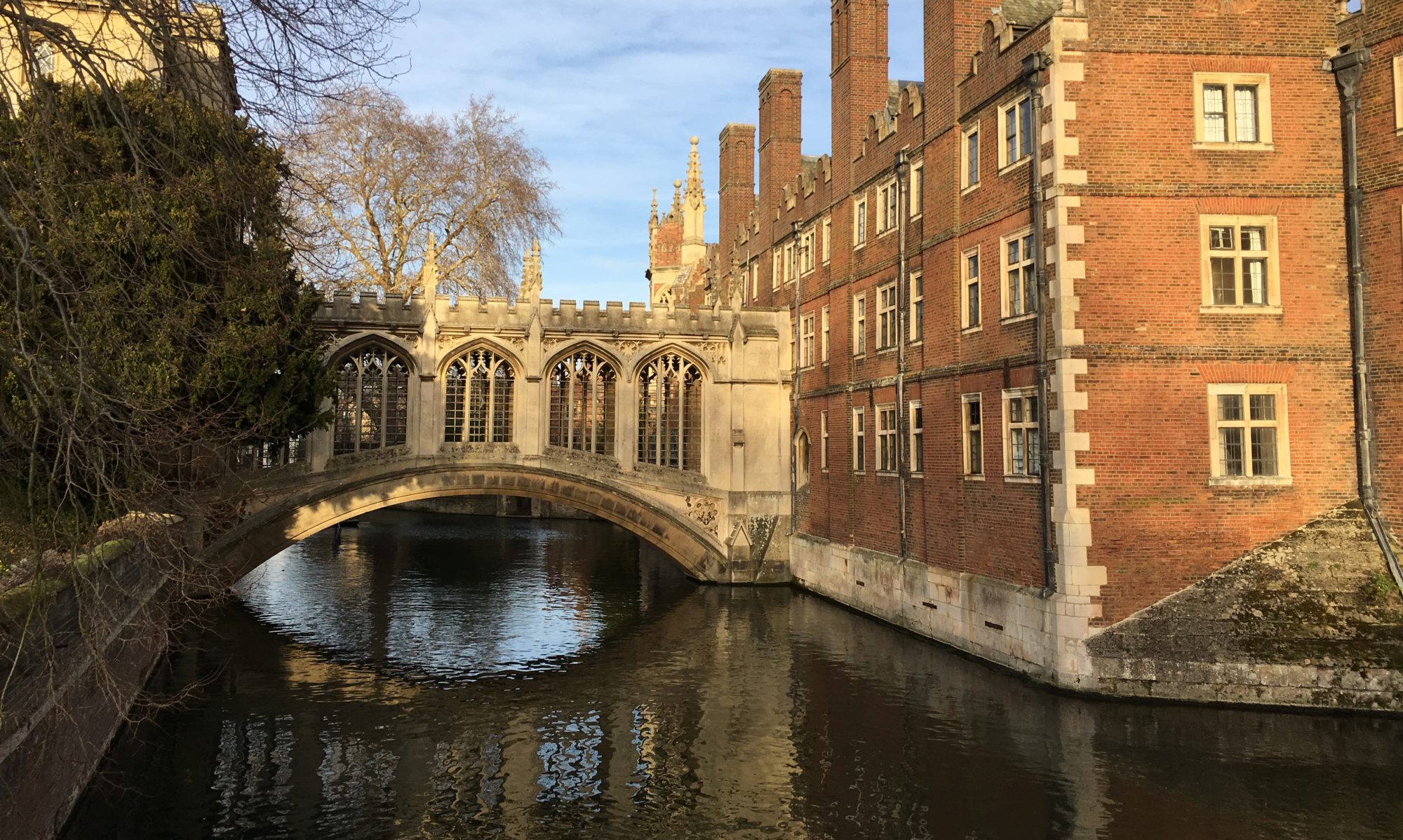I got an email from the University a few months ago advertisting a book-collecting contest put on by the University Library Special Collections people. I didn’t take it very seriously at first because although I have indeed collected a lot of books since coming to Cambridge, they seemed a bit too much of a hodge-podge to count as a Collection-with-a-capital-C. But the more I thought about it, the more I realized how much the books I’d accumulated reflected my curiousity about the British landscape, and especially Cambridge. In any case, I loved them–that should count for something, right? So I proceeded to document the accumulation and spin up a little essay (partly from past blog posts) to submit. Inspired, I even bought a few more books…
As it turned out, my collection WAS too hodge-podge to make a big enough impression on the judging panel, who commended my enthusiasm but thought it might be “a little broad,” and didn’t advance it to the shortlist. Ah well, I had fun with it. And I thought I’d share it here. Read on for the essay followed by a descriptive bibliography of the books crammed into my college-issued bookshelf. (Will I actually expand my collection as aspired to in the essay? Well…stay tuned…)






